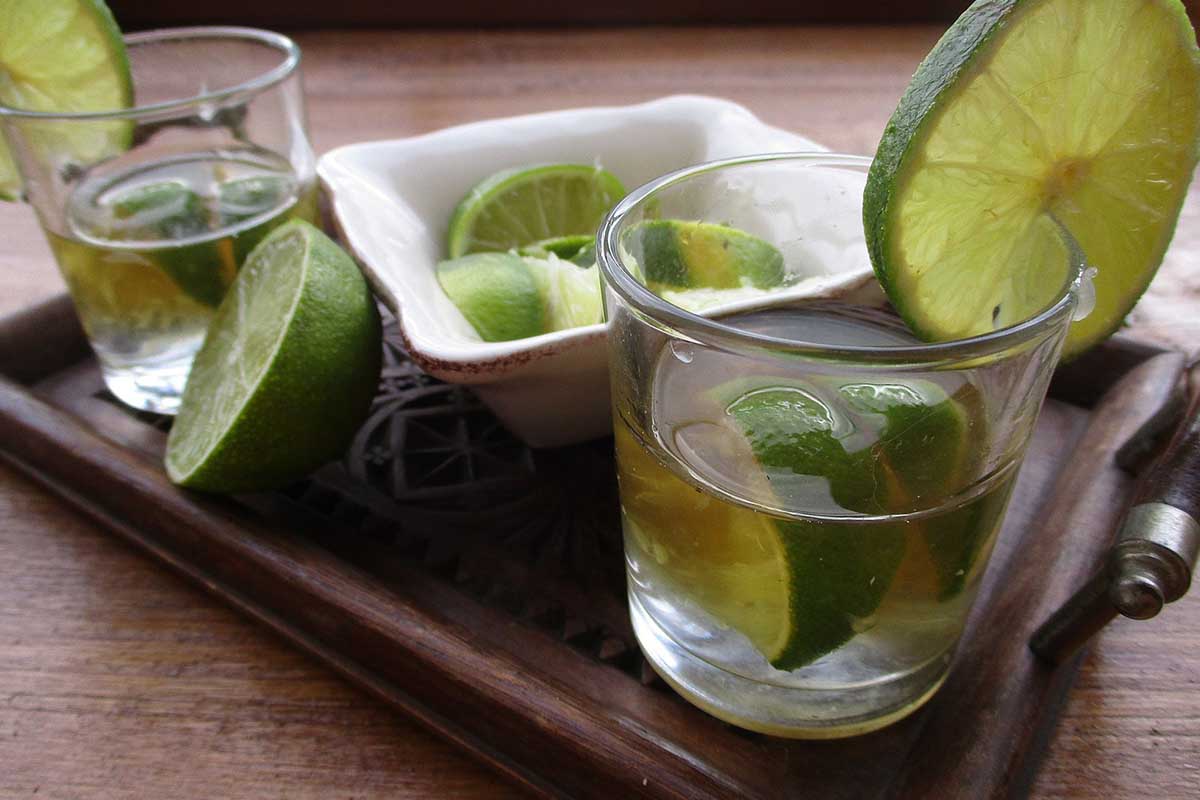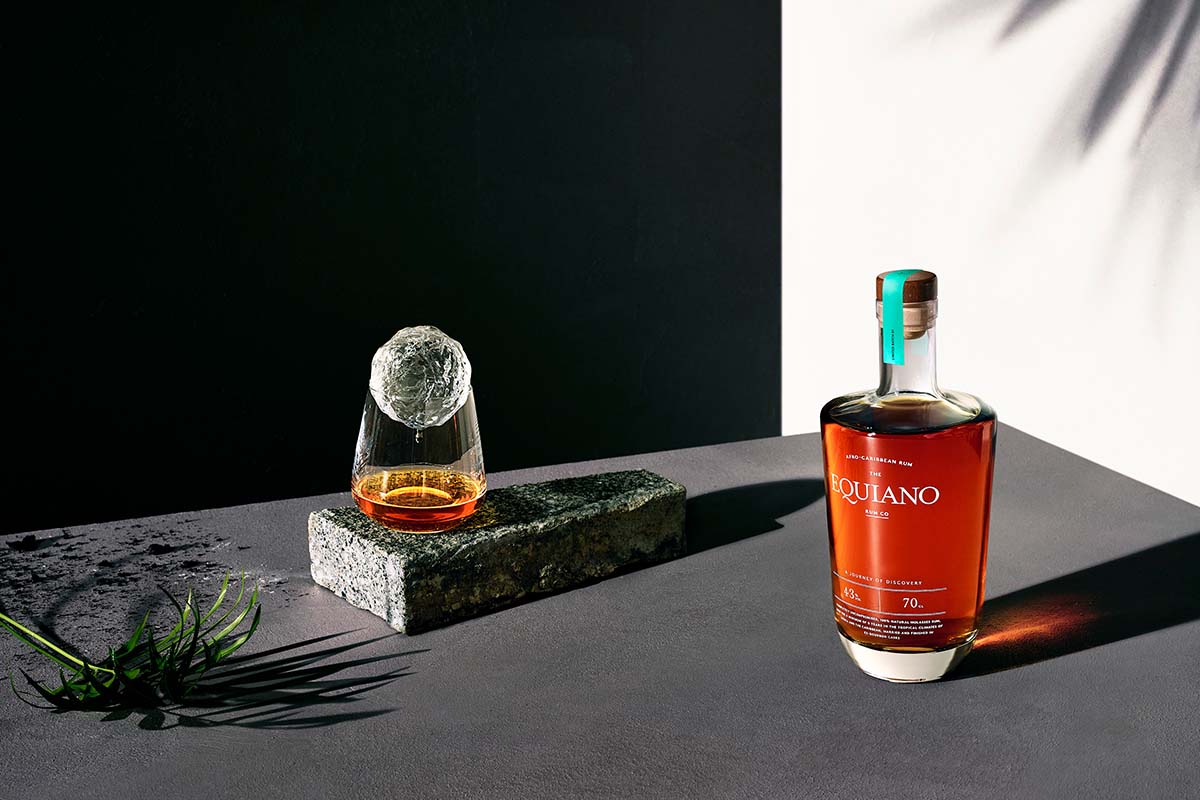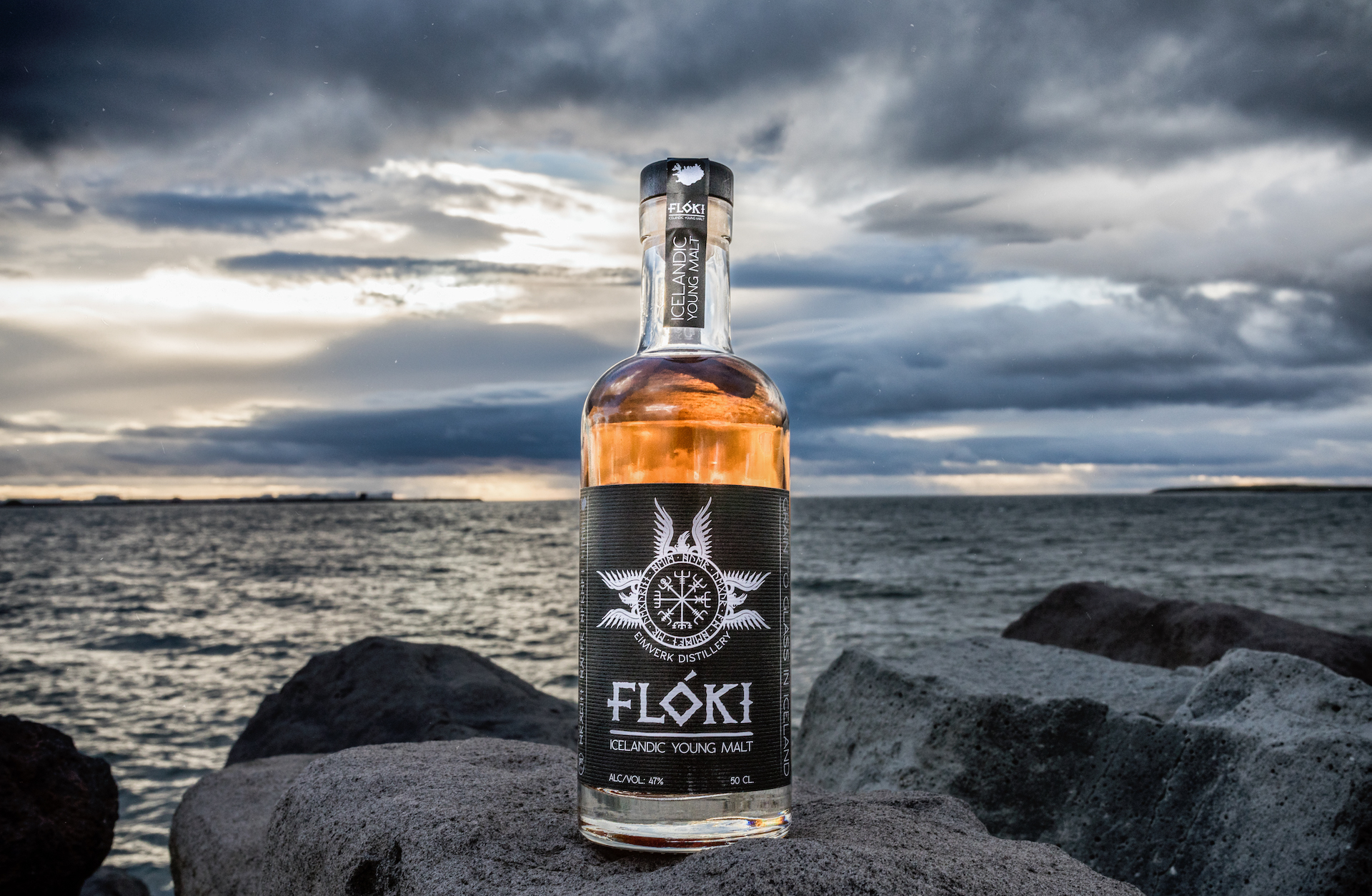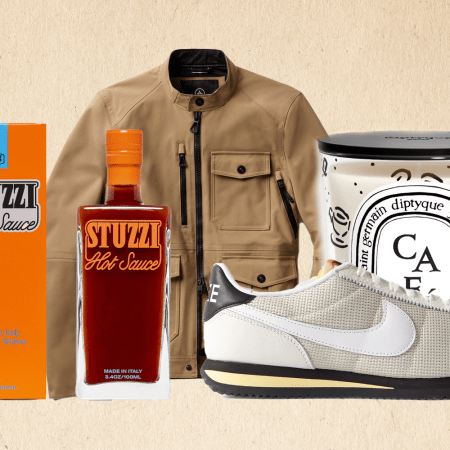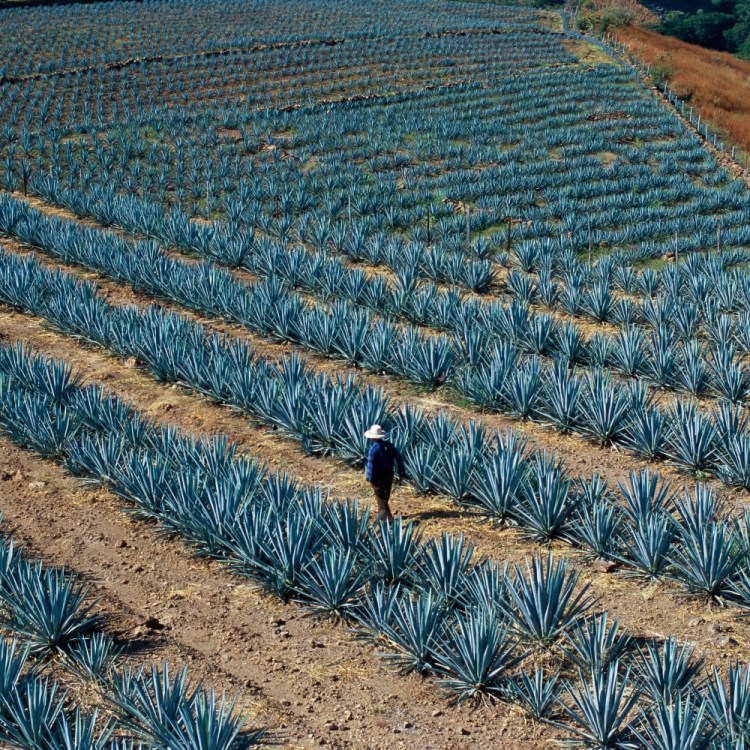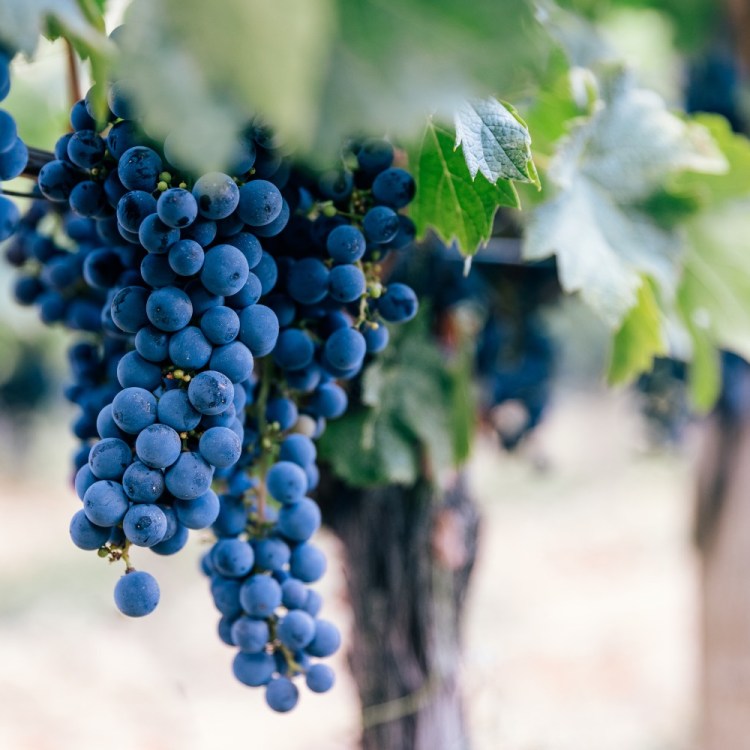Collecting whiskey, or even just being an enthusiast, can be an expensive hobby. One bottle of the cult-favorite whiskey, Pappy Van Winkle, easily costs an entire paycheck, and a sophisticated Scotch isn’t exactly chump change. Rum, however, is the humble sugarcane spirit with significant American history that is typically written off as being too sweet, or flavorless (in some cases). The fact is that, yes, bad rum does exist, but if you have $50 to spend on a spirit, your dollar will go much further with a bottle of rum, so why not give it a try?
Rum is made from sugarcane, or its byproducts: fresh cane juice, sugarcane syrup, evaporated cane juice, or, most commonly, molasses. There are so many variables that can influence a rum’s flavor: the sourcing and processing of the raw materials, fermentation, distillation, aging methods, and so on; because of these factors, the palette of flavors that rum offers means there is something for everyone — even the whiskey drinker.
“The enormous breadth of flavors combined with how insanely inexpensive rum is (relative to whisky) makes it a no-brainer,” Matt Pietrek, spirits expert, writer, and founder of the blog CocktailWonk, tells InsideHook. “Rum’s Caribbean aging brings the flavor [via aging] three times faster than in the U.S. or Europe [because of the hot temperatures, and humidity], making an eight-year aged Jamaican rum the equivalent of a 25 year aged Scotch, and sells for around $30.” Most rums are aged in ex-bourbon casks; therefore, many will share some similar characteristics to a whiskey in some ways as well — this is especially true for unadulterated bottlings (i.e., without additives).
For whiskey lovers who have not given rum the chance it deserves, buckle up, because some of these premium bottlings will leave you thinking, “I can’t believe it’s not whiskey,” and introduce you to a spectrum of flavors that are unique to the category and might even convert you to a lover of rum (you wouldn’t be the first). These recommendations range in price and exhibit the true breadth and depth of rum.
For the non-peated single malt whiskey drinker…
Brands such as GlenDronach and Glenfiddich are great examples of Scotches that don’t use peat when drying their barley (aside from special releases). Bottlings like the GlenDronach 15 year, and their older expressions, closely resemble aged rums because of their aging in Oloroso and PX sherry casks which yield notes of dried fruits, citrus, molé, and marzipan.
For those who favor these bottlings: “Well-aged rhum agricole from Martinique or Guadeloupe [are worth trying],” Brett Kozinn, spiritual advisor for PM Spirits says. “Produced from fresh cane juice rather than molasses, rhum agricole leans towards vegetal and grassy when unaged, but a few years to a couple decades in a barrel transforms the spirit and can often bring floral, heather, honeyed notes one might find in a Glenlivet.” Molasses-based rums that see sherry casks in their lifetime are also worth trying, such as the Foursquare Premise, or the Diplomático Ambassador Cask Strength Rum for those of you who have deeper pockets.
Bottles to try:
- Foursquare Premise ($69.96)
- Diplomatico Ambassador Cask Strength Rum ($280.99)
- Rhum Clement XO Agricole Rhum ($64.99)
For the peated whiskey drinker…
“When we talk about funk in rum, we’re talking about a flavor spectrum that can range from meaty and vegetal to redolent of overripe (or “rotting”, depending on what company you’re in) bananas and pineapple,” Kozinn says. “What does this have in common with peated single malt? Bombastic, punchy, aggressive, in-your-face flavors.”
Just as whisky enthusiasts take note of how many phenol parts per million (ppm) are in their peated Scotches, rum drinkers measure in ppms as well, except they’re looking at the ester count of the spirit (one of the many factors that influence flavor). While Islay produces some of the biggest peat bombs when it comes to whiskey, Jamaica is the king of funky flavored, high-ester rums.
“The truly funky stuff is often not for the faint of heart, but is always for the adventurous palate,” Kozinn adds. “Look for something from Hampden Estate or Worthy Park.” While these rums aren’t similar in flavor to peated whiskeys, they are similar in terms of unique flavor that you will, likely, either love or hate.
Bottles to try:
- Hampden Estate Single Jamaican Rum ($49.99)
- Habitation Velier Forsyths WP 502 Rum ($49.96)
- Two James Doctor Bird Jamaican Rum ($30.99)
For the bourbon whiskey drinker…
Bourbon: the sweetheart of the whiskey world. Because of bourbon’s flavor profile that typically consists of a balance of smoky and sweet characteristics due to corn being the primary grain in the mash, and the aging in new charred oak barrels, unadulterated (without additives) rums can taste almost exactly similar to a bourbon.
“I’ll often direct bourbon lovers to the island of Barbados,” Kozinn says, “particularly to seek out something from the big two of Foursquare and Mount Gay. These rums tend to be focused and powerful, with less exuberant funkiness than their Jamaican counterparts, but more nuance and subtlety from the methodical blending of pot and column distillate as well as a variety of cask types used in aging, most often ex-bourbon casks.”
Bottles to Try:
- Mount Gay Black Barrel ($31.99)
- The Real McCoy 14 Year Limited Edition Bourbon Barrel Aged Rum ($79.99)
- Foursquare 12 Year Mark VI Single Blended Rum 2005 ($85.99)
For the rye whiskey drinker…
Rye, known for its spice, earth, and grassy notes, can be likened to an aged rhum agricole. “Unaged rhum agricole from cane juice has a strong grassy note,” Pietrek says. “When sent to finishing school in American and French oak, it becomes a divinely elegant sipper still rippling with the cane’s terroir.”
Similar to American rye whiskeys which are beginning to focus on terroir-driven expressions, like the Hudson Valley’s Hillrock Distillery, agricole is a true representation of the raw material’s flavor and character — a style worth exploring for whiskey enthusiasts who enjoy something untamed and representative of place.
“When I think about rye whiskey, I think about spice and savoriness,” Kozinn says. “That brings me to aged rhum agricole, but something more lightly aged – the longer it spends in oak, the fainter the raw, grassy notes of the spirit get. Look for something two to seven years old, likely with “VSOP” or “XO” on the label.”
Bottles to try:
- Rhum Clément XO Agricole Rhum ($64.99)
- Neisson Eleve Sous Bois Agricole Rhum ($57.99)
- Trois Rivières Ambré Rhum ($52.99)
Join America's Fastest Growing Spirits Newsletter THE SPILL. Unlock all the reviews, recipes and revelry — and get 15% off award-winning La Tierra de Acre Mezcal.

